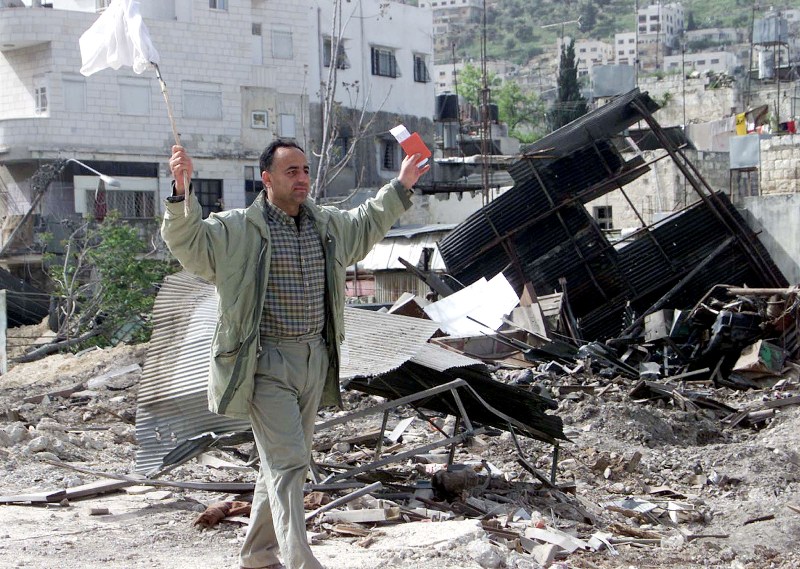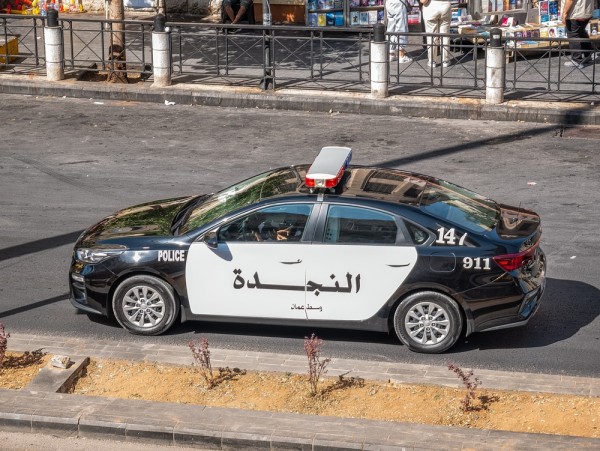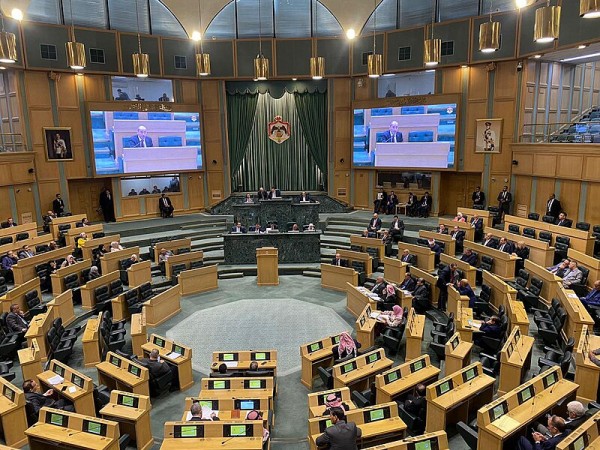The International Press Institute (IPI) said today that it was troubled to learn that Palestinian Associated Press (AP) correspondent Mohammed Daraghmeh had been denied entry into Jordan.
Daraghmeh was denied entry into Jordan while travelling from the West Bank for work on Dec. 3. He currently remains in the central West Bank city of Ramallah, unable to travel outside Palestinian borders.
Palestine’s West Bank territory is enclosed by its border with Israel to the north, west, and south, but it shares an eastern border with Jordan. Because of tight travel restrictions between Israel and the West Bank, the eastern border with Jordan offers the only exit route from the region for Palestinians.
Daraghmeh has been traveling to Jordan on assignment multiple times a year since 1995 without incident. He said border officials did not give him any reason why he was denied entry for the first time earlier this month.
Daoud Kuttab, director general of the Amman-based Community Media Network and head of the Press Freedom Committee of IPI’s Executive Board, said: “It is a shame that a journalist working for a leading international press agency is banned from travel through the only exit available to Palestinians. The issue of freedom of travel for Palestinian journalists is key to their ability to do their professional work.”
Daraghmeh recently published two articles that covered growing support for Islamic State militants by the jihadi Salafi community in Maan, an economically marginalised city just over 200 km southwest of Amman. One article featured interviews with several Jordanian youths in Maan who travelled to neighbouring Syria and Yemen to join jihadi forces before returning home, where they now live under security agency surveillance.
In its 2013 report “Patriotism, Pressure and Press Freedom: How Israeli and Palestinian Media Cover the Conflict from the Inside“, IPI highlighted restrictions of freedom of movement as a major challenge for journalists working in the West Bank and Gaza. Such restrictions effectively compromise those journalists’ ability to cover events that occur across borders in the region.



